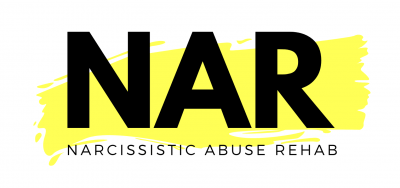Attachment specialist Dr. Michael Kinsey of Mindsplain on the four main reasons for parent-child estrangement in narcissistic abuse.
Dr. Michael Kinsey
Dr. Michael Kinsey is an award-winning Clinical Psychologist, author. He is a therapist for narcissistic abuse and a parent-child attachment specialist and has written two books, Dreams of Zugunruhe and Transcendent Parenting: A Workbook for Parents Sharing Children With Narcissists.
Knowing how to answer your child’s questions about a narcissistic parent is essential to their healthy development and wellbeing. The reason for this is that narcissistic abuse commonly falls under the umbrella of domestic abuse in families. Raising children in an environment where domestic abuse is normalized can seriously impact their physical and emotional functioning. Research shows that exposure to domestic…
You Get To Be YOU This Time is a new podcast series by Veronika Archer that aims to help people transcend and overcome long-term abuse in toxic relationships. I am proud to be participating in a discussion on the topic of Male Survivors of Narcissistic Abuse. This is a topic that’s very close to my heart and I hope to…
CO-PARENTING WITH A NARCISSIST is often said to be impossible. A popular quote by A. Price asserts that “A narcissist will never co-parent with you. They will counter parent. They don’t care about the emotional damage that the constant drama inflicts upon the children as long as it causes emotional damage to you.” A distinguishing feature of narcissistic family dynamics is…




